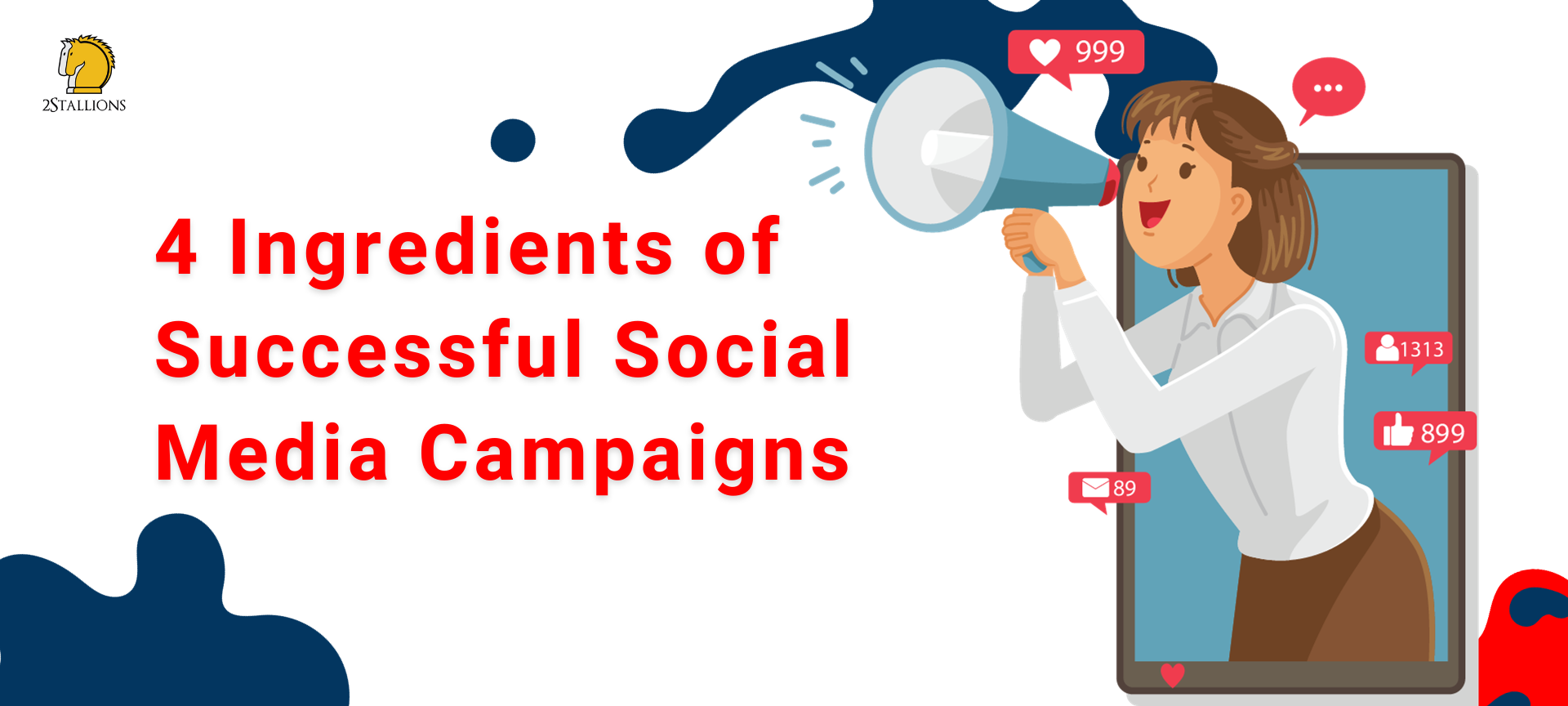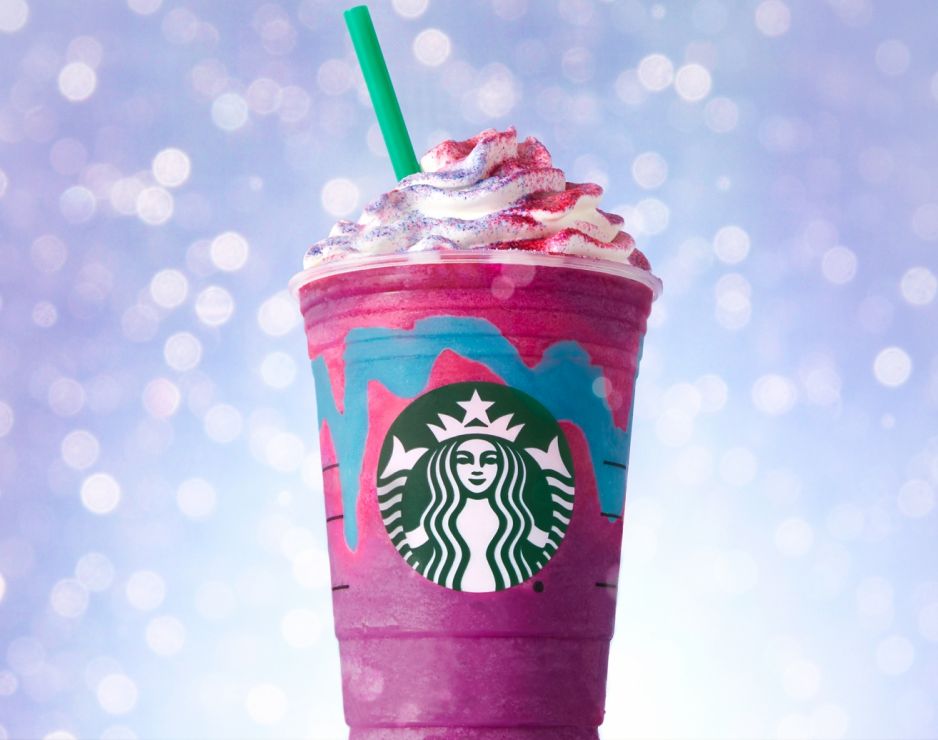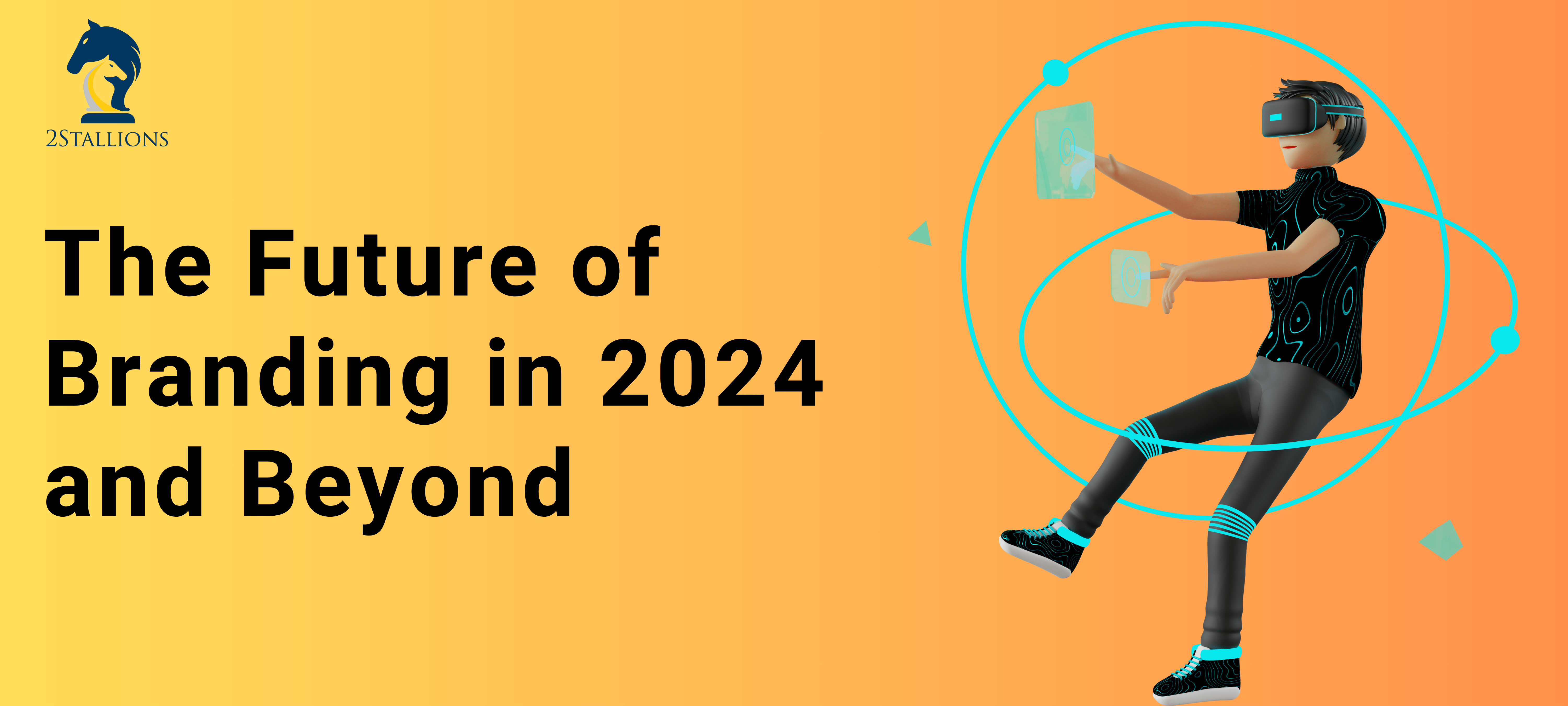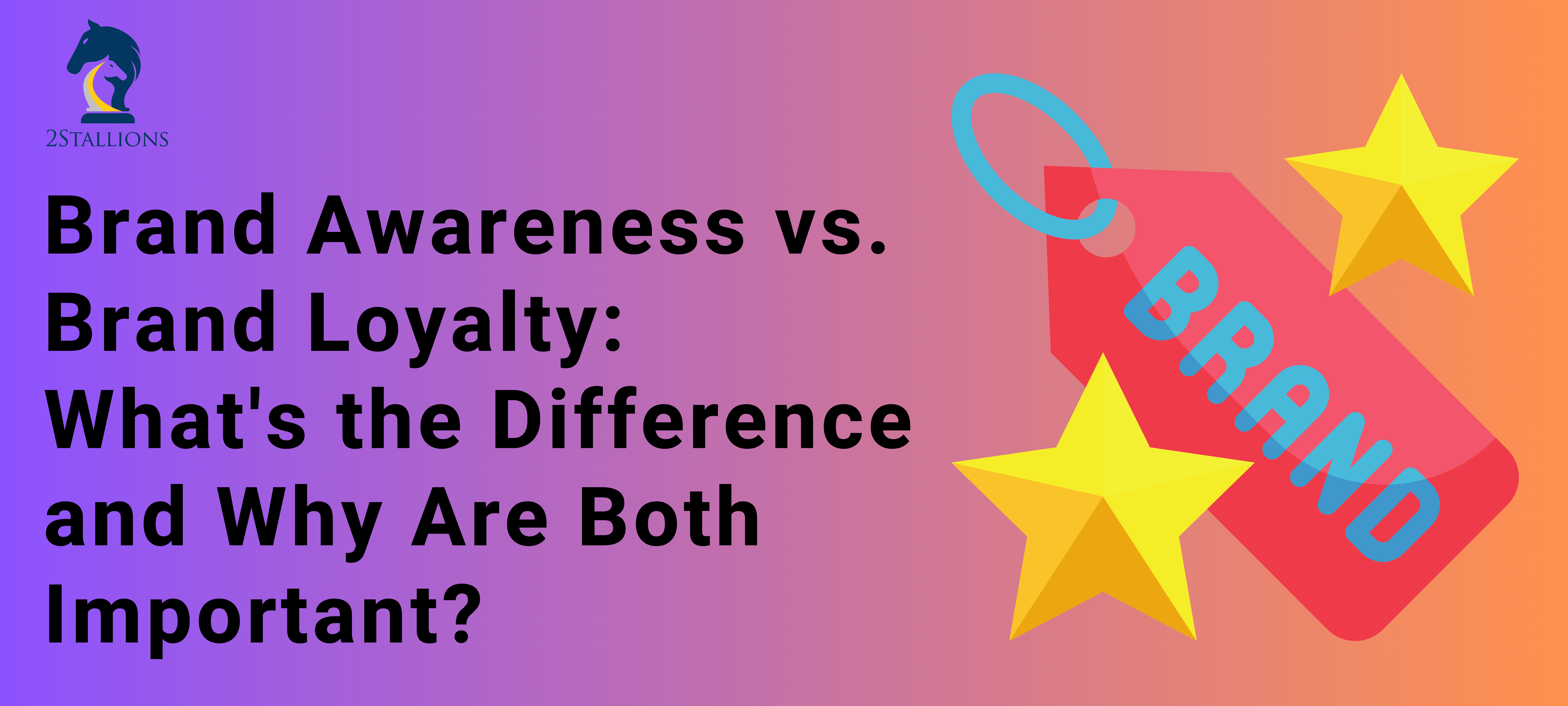SHARE

The growth of the Internet has provided companies with a wealth of online marketing options, including social media campaigns. Now, businesses can promote their brands on social media to increase visibility, revenue, and customer reach. According to Statista, there are 4.88 billion social media users worldwide in 2023. The report also found that smartphones account for over half of the online time.
This means businesses, big or small, should be taking advantage of social media platforms. It also means it is time to transition from traditional marketing (i.e., TV ads, print ads, etc.) to social media marketing. Unlike traditional media, social media offers a conversation between the brand and the consumer. The audience can comment, like, tweet, share posts, and more. Not to mention that social media posts can be edited or deleted when necessary.
[thrive_leads id=’8449′]
If you’re interested in harnessing the full marketing potential of social media, read on to discover how to make the most of this dynamic and interactive channel.
More About Social Media Marketing
Social media marketing uses platforms to establish brand awareness. It also increases customer reach, monitors customer feedback, and does various other things. It involves running campaigns and sharing content to drive social media engagement and conversion. The primary social networking services today are Facebook, Instagram and X. Each platform engages audiences in different ways. Here are the metrics used to measure social media engagement across the three platforms:
- Facebook: shares, likes and followers
- X: re-tweets and followers
- Instagram: likes and followers
What Is A Social Media Campaign
A social media campaign is a strategically planned and executed marketing effort on one or more platforms. These campaigns can come in various forms, depending on the organisation’s objectives or the individual behind them. Common elements of social media initiatives include the use of content, interaction with the audience, and specific goals to be achieved. Let’s explore these various aspects of a social media campaign:
Definition of Social Media Platforms
Social media platforms are online channels where people interact, share content, and connect. Some popular social media platforms include Facebook, X, Instagram, LinkedIn, Pinterest, and TikTok. Each platform has its unique user base and features, and a successful social media campaign will select the platforms that align best with the target audience.
Diverse Forms of Campaigns
Social media campaigns can take on various forms, including:
Polls:
These involve asking questions and gathering opinions from your audience. Polls are interactive and can be an effective way to engage your followers.
Contests and Giveaways:
These are designed to encourage user participation. By offering prizes or incentives, businesses can attract more people to engage with their content and brand.
Events:
Hosting live or virtual events can generate excitement and engagement. These events range from webinars and live Q&A sessions to product launches or conferences.
Podcasts:
Podcasts can deliver valuable content and establish thought leadership within a particular industry. They can also be used to promote products or services.
Business Goals
Social media campaigns are not just about posting content for the sake of it; specific business goals drive them. These goals can include:
- Driving Direct Sales:
Some campaigns are designed to promote and sell products or services directly. This can involve showcasing products, offering discounts, or running flash sales.
- Generating New Leads:
Businesses often use social media campaigns to capture contact information from potential customers, such as email addresses or phone numbers.
- Getting Direct Customer Feedback:
Social media is an excellent platform for soliciting and receiving customer feedback, which can be invaluable for product improvement and customer satisfaction.
- Boosting Web Traffic and Brand Recognition:
By sharing valuable content and promoting it effectively, businesses can increase website traffic and make their brand more recognisable.
- Building a Strong, Engaged, and Loyal Community:
Establishing a community of loyal followers and customers is a long-term goal for many businesses. Social media campaigns can be a means to nurture and grow this community.
- Creating an Email Marketing List of Engaged Customers:
Email marketing remains a powerful tool, and social media campaigns can be used to collect email addresses for ongoing marketing efforts.
Execution and Measurement
Social media campaigns involve planning and creating content, scheduling posts, engaging with the audience, and analysing performance. Metrics such as reach, engagement, click-through rates, and conversion rates are commonly used to measure the effectiveness of a campaign.
Adaptation and Optimisation
Social media campaigns are not static; they can be adapted and optimised based on the data and feedback received during the campaign. This iterative approach allows for ongoing improvement and better results. A social media campaign is a strategic marketing effort that leverages social media platforms to achieve specific business objectives. These campaigns come in various forms, and their success is measured by how well they meet the defined goals. To be effective, social media campaigns require planning, creativity, audience engagement, and the ability to adapt to changing circumstances and feedback.
Inspiring Social Media Campaigns You Can Learn From
Starbucks, Dove and IHOP are a few top brands that have launched successful social media marketing campaigns. Let’s take a closer look at why their campaigns worked.
1. Starbucks: Unicorn Frappuccino
As part of its 2017 Frappuccino Happy Hour, Starbucks rolled out its one-week-only, pastel-hued beverage: the “Unicorn Frappuccino”.

Image by: Starbucks
With its limited offer period and ‘Instagrammable’ appearance, the drink and hashtag #UnicornFrappuccino generated nearly 155,000 Instagram posts.
2. Dove: #SpeakBeautiful
Dove promises to deliver body confidence and self-esteem through its campaigns. In its #SpeakBeautiful campaign, the brand partnered with X to show the effect of insults on people’s images.
Video by: Dove
X’s technology identified negative tweets about beauty and body image. The Dove account then sent responses about confidence, optimism and self-love.
3. IHOP: IHOb
IHOP, the International House of Pancakes, flipped the last letter of its acronym upside down and temporarily became IHOb. The brand asked its X followers to guess what “B” stood for—and more than 70,000 users reacted and responded to the tweet.
Dear Internet, we abbreciate your batience. Now let’s see who guessed right. B-hold!!!!! #IHOb pic.twitter.com/Fh3SkZ7s3Y
— IHOP (@IHOP) June 11, 2018
Tweet from: IHOP
While the name change lasted only briefly, this gimmick increased burger sales.
Key Components Of Successful Social Media Campaigns
1. A Well-Thought Plan
Your campaigns’ successes depend on your social media strategy. Review your social media goals and identify the ‘who,’ ‘what,’ ‘why,’ and ‘how.’
Who: Identify who your target audience is. Determine ideal customer characteristics and demographics that your business can best cater to. Shaping your audience personas will craft the right message and brand voice for your social media campaigns.
What: Find out what social media channel your business will use. Choose the ones that best support your strategic goals. Explore the big four social media channels—Facebook, X, LinkedIn and Instagram. You could also look into other platforms like YouTube, Pinterest, TikTok, or Snapchat.
Why: Understand the motivations behind your prospect’s goals, the reasons for their challenges, and the issues they face. Once you know the answers to your strategy’s whys, it will be easier to proceed with the how.
How: Learn how your brand, products, and services can best address your customer’s pain. List your audience’s choices and responses along your customer journey. Then, map out a plan to entice them to participate in your campaign.
2. Compelling Content
Build social media campaigns around compelling content. A campaign with impressive storytelling and accessible information has a greater audience engagement.
To impress your audience, your content should be:
Optimised for viewing. Social media optimisation and search engine optimisation are two different things, but they support each other. Here are two of the best practices that SMOs can borrow from SEO:
- Keyword Research. This technique identifies phrases and topics your target audience searches for. This way, you can create relevant content for them.
It also helps determine hashtags and phrases for social media posts. Hashtags make it easier to find your content, even for people who are not following you.
- Profile Optimisation. Website optimisation is a crucial step in SEO. Optimise your website and its content so search engines know what your website is about.
Fun and informative. People love sharing useful things on social media. These could be tips, suggestions, fun facts, and quirky stories that tackle difficult topics like science or maths.
Make your content easily shareable to increase the chances of drawing your audience’s attention. For example, create videos that tell relatable stories or tug at your customer’s heartstrings (like Dove’s #SpeakBeautiful campaign). Craft memorable content to boost your social media shares. Incorporate the element of surprise into your strategy, like what IHOP did with its IHOb campaign.
Short but sweet. Writing long-form content in today’s time-starved world is not always the best option. Squeeze your content into something that is easily consumed. Focus on a single topic, include a graphic or visual, and feature an enticing headline.
3. Rewarding Promotions
In website marketing, creating an email list is simple if you can offer something in exchange for customer information.
For instance, Netflix and Spotify give new registrants a “Welcome Bonus, “letting them try the paid service for 30 days. After the promotion period, customers can decide whether to stop or continue.

You can use social media to advertise your ‘free’ product. Anything free and compelling has a high chance of going viral. Contests for high-end or high-value products are also terrific for promotion.
4. Thorough Analysis
Like with SEO, you must measure your social media campaigns performance through their analytics:
- Are you reaching qualified people?
- Are you engaging with qualified people?
- How many of your social media fans inquired about your product or service?
- How many of them actually become customers?
The things you can measure vary in every social media platform but tend to include the following:
Engagement. This measures how many people have engaged with your social media posts. It also plays an essential role in how far your posts travel (aka social media reach). Engagement metrics include clicks, likes, shares, comments, brand mentions, profile visits, and active followers.
Reach. Social media reach is the number of users who viewed or watched a particular content on a social media channel. Unlike engagement, this metric has no definite amount as it is only an estimate. You can measure reach by tracking the number of followers or fans, impressions, and traffic.
Leads. A lead is any information you can use to follow up with your fans or followers. It could be a name, a phone number, or an email address. This valuable item value could develop into hard leads—qualified prospects or customers.
Customers. The main objective of social media campaigns is to attract new customers. If you have found the right leads and kept them engaged, they will be more likely to buy your product or service.
You will know how many fans made it to the finish line by tracking customer acquisition and conversion rates. Built-in analytics tools, such as Facebook Insights, LinkedIn Company Page Insights, and Pinterest Web Analytics, come in handy when measuring social media performance.
Switch to Social Media
Social media is a gold mine for followers, leads, and customers. It allows businesses to increase exposure, boost traffic, and gain market insights. If your brand is not transitioning from traditional to social media, now is the time to make the switch. Take advantage of ever-increasing social media users: launch social media campaigns to generate qualified leads and increase your conversion rates.
Originally published: 25 Jan, 2018
Updated: 11 September, 2023
Transform your social media profiles from dull to spectacular with 2Stallions! Our team of social media marketing experts can help you achieve unparalleled success by creating engaging content that will captivate your audience. You deserve more than just a digital presence – connect with us to make your online brand shine.
Frequently Asked Questions About Social Media Campaigns
What Are Campaigns on Social Media?
Social media campaigns are coordinated marketing efforts to reinforce or assist with a business goal using one or more social media platforms. These campaigns are strategically focused, have measurable outcomes, and aim to create a buzz or foster engagement around a particular product, service, or topic.
How Powerful Are Social Media Campaigns?
Social media campaigns can be compelling. They have the potential to reach a vast audience in real-time, drive brand awareness, generate leads, and increase sales. The interactive nature of social media platforms allows businesses to engage with their customers directly, gather feedback, and quickly adapt to their preferences. When executed correctly, social media campaigns can yield a high return on investment and often spread virally, further amplifying their reach and impact
How Does Social Media Promote Campaigns?
Social media promotes campaigns through a variety of means:
- Organic Posts: Regular content sharing on a brand’s profile to engage with followers.
- Paid Advertising: Targeted ads that appear in the feeds of specific demographic groups.
- Influencer Partnerships: Collaborations with individuals who have significant followers to promote content.
- Engaging Content: Videos, infographics, polls, and other interactive content that encourage sharing and discussion.
- Hashtags: Creating unique campaign hashtags to make content easily searchable and encourage user participation.
What Are the Six Most Common Social Media Campaign Strategies?
- Brand Awareness Campaigns: Aimed at introducing a brand to new potential customers and increasing its visibility.
- Lead Generation Campaigns: Focus on collecting data from potential customers for future marketing activities.
- Engagement Campaigns: Designed to foster interaction, likes, shares, and comments on social media posts.
- Conversion Campaigns: Aimed at driving specific actions, such as making a purchase, signing up for a newsletter, or filling out a contact form.
- Customer Loyalty Campaigns: Designed to reward and engage existing customers, turning them into brand ambassadors.
- Event Promotion Campaigns: Promote specific events, webinars, or product launches to maximise attendance or participation.









